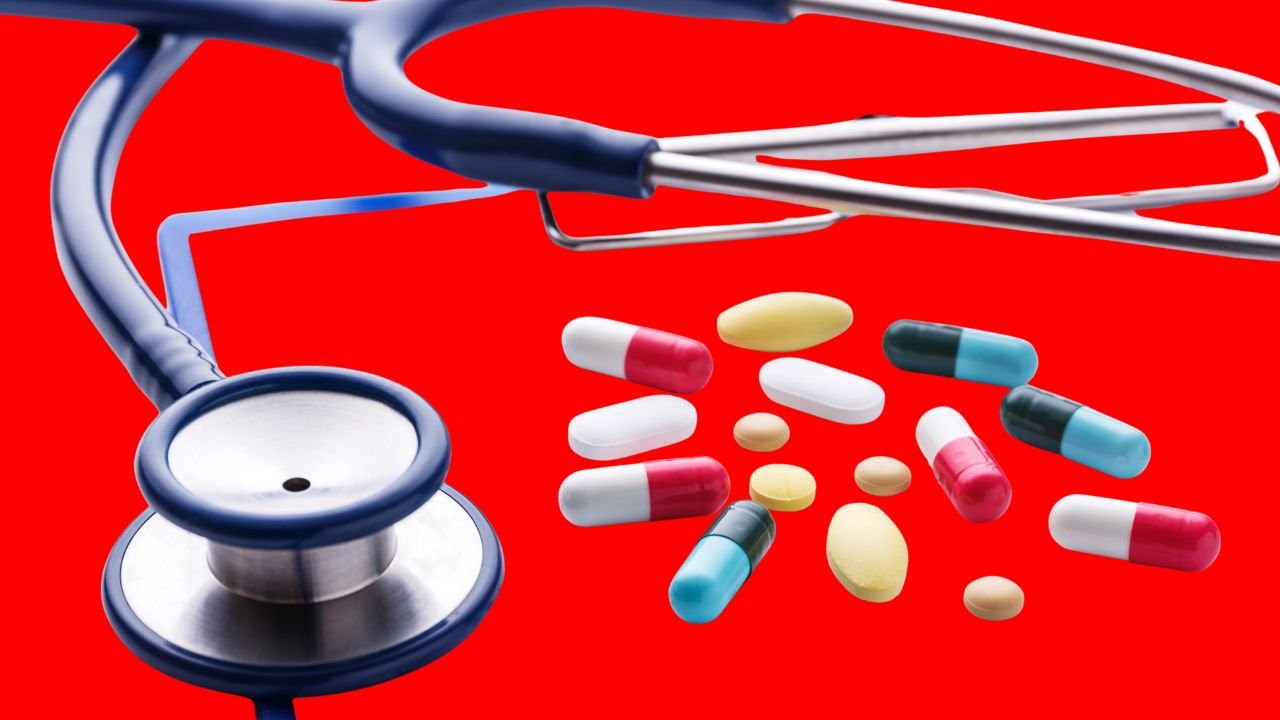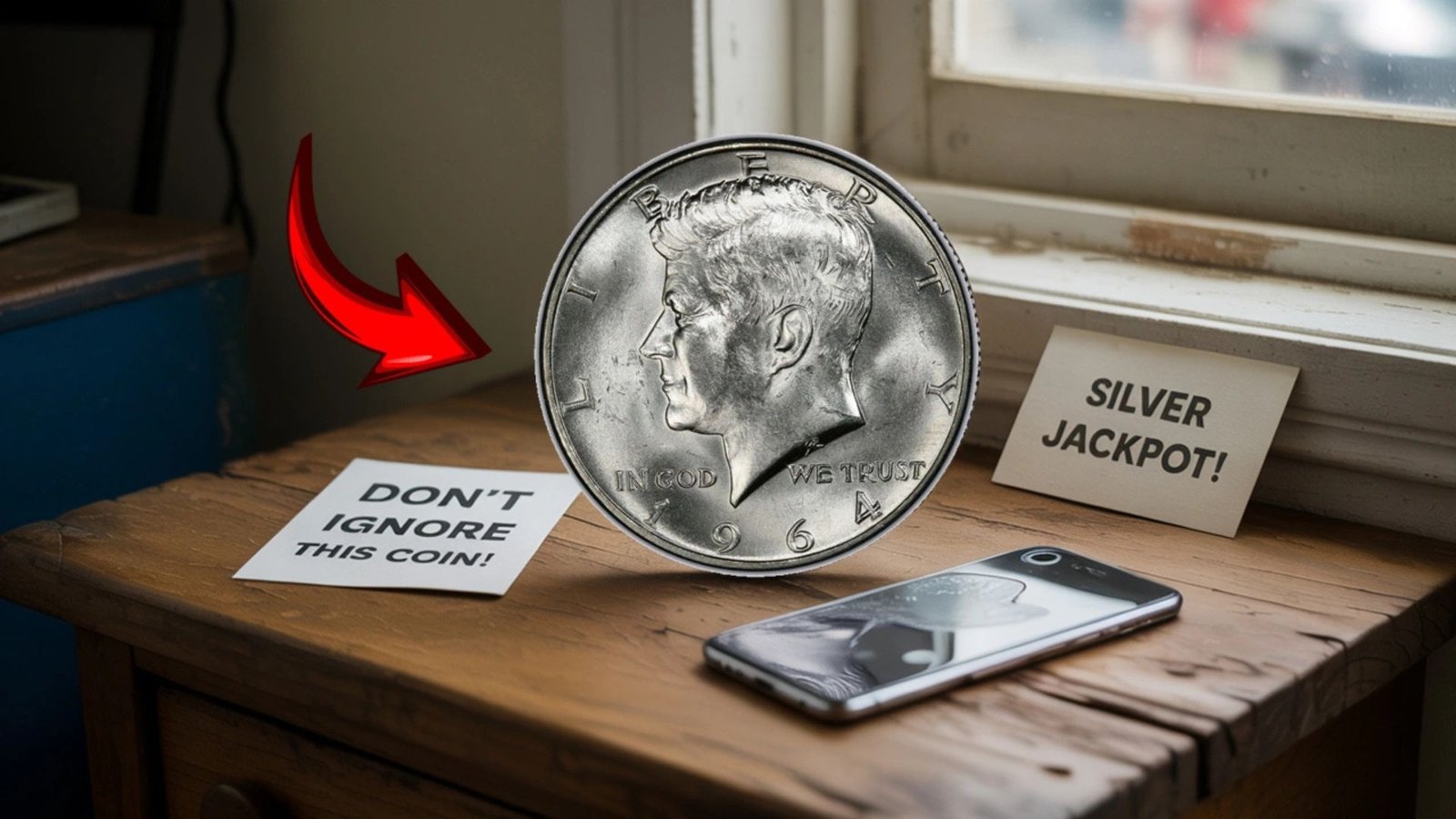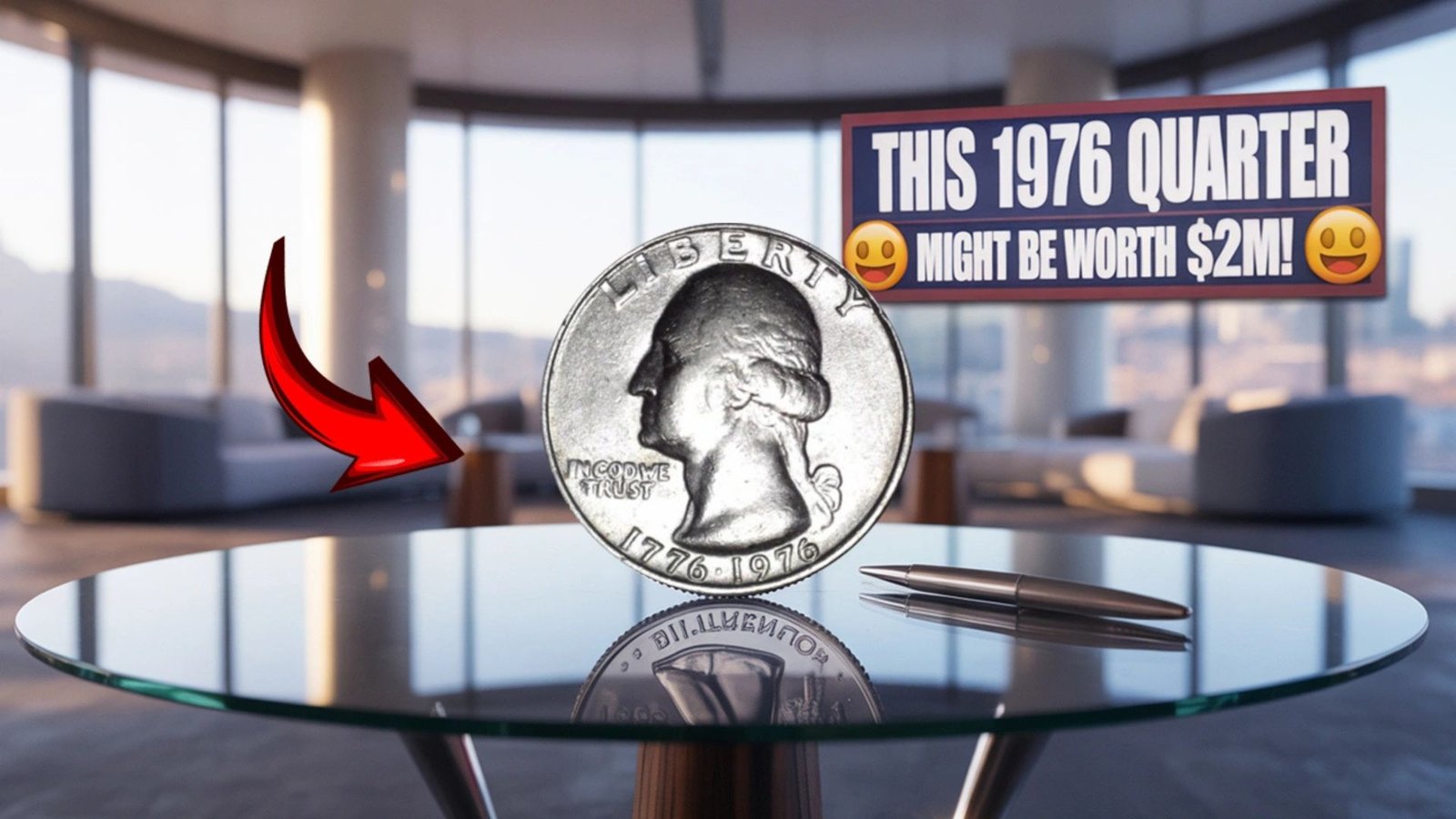As temperatures rise, staying cool and comfortable becomes a priority, especially during scorching summer months. However, certain medications can make it tougher for your body to handle heat, increasing the risk of heat-related issues like heat exhaustion or heatstroke. If you’re taking medications, it’s important to know how they might affect your ability to cope with hot weather. This article explores five common medications that can make it hard to stay cool, offering simple tips to stay safe and comfortable. Written in easy-to-understand language, this guide is optimized for SEO to help you find the information you need.
Why Some Medications Make It Hard to Handle Heat
Certain medications can interfere with how your body regulates temperature, stays hydrated, or responds to heat. For example, some drugs reduce sweating, which is your body’s natural way to cool down. Others can make you more sensitive to sunlight or cause dehydration, making hot weather feel overwhelming. Knowing which medications cause these effects can help you take precautions, especially during heatwaves in the USA.
5 Common Medications That Affect Heat Tolerance
Here are five commonly prescribed medications that can make it harder to cope with heat, along with simple explanations of why and how to stay safe.
1. Antidepressants
Antidepressants, like selective serotonin reuptake inhibitors (SSRIs) or tricyclic antidepressants, are often used to treat depression and anxiety. Some of these medications can reduce sweating or increase your body’s heat production, making it harder to cool down.
- Examples: Fluoxetine (Prozac), Sertraline (Zoloft), Amitriptyline
- Why It’s a Problem: These drugs may affect the brain’s temperature regulation center or reduce your ability to sweat, increasing the risk of overheating.
- What to Do:
- Stay in air-conditioned spaces during hot weather.
- Drink plenty of water to stay hydrated.
- Wear loose, light-colored clothing to stay cool.
2. Antihistamines
Antihistamines are commonly used to manage allergies, such as hay fever or hives. However, they can reduce sweating, which is critical for cooling your body in hot temperatures.
- Examples: Diphenhydramine (Benadryl), Cetirizine (Zyrtec)
- Why It’s a Problem: Less sweating means your body struggles to release heat, raising the risk of heat exhaustion.
- What to Do:
- Avoid outdoor activities during the hottest parts of the day (usually 10 a.m. to 4 p.m.).
- Use a fan or stay in shaded areas if you’re outside.
- Check with your doctor about alternative allergy treatments during summer.
3. Diuretics (Water Pills)
Diuretics, often called “water pills,” are prescribed for conditions like high blood pressure or heart failure. They help your body get rid of excess water and salt, but this can lead to dehydration in hot weather.
- Examples: Furosemide (Lasix), Hydrochlorothiazide
- Why It’s a Problem: Dehydration makes it harder for your body to regulate temperature and can lead to dizziness or fatigue in the heat.
- What to Do:
- Drink water regularly, even if you don’t feel thirsty.
- Avoid sugary or caffeinated drinks, as they can worsen dehydration.
- Talk to your doctor about adjusting your dose during heatwaves.
4. Beta-Blockers
Beta-blockers are used to manage heart conditions, high blood pressure, or anxiety. They slow your heart rate, which can make it harder for your body to pump blood efficiently in hot weather.
- Examples: Atenolol, Metoprolol (Lopressor)
- Why It’s a Problem: A slower heart rate can reduce blood flow to the skin, limiting your body’s ability to cool itself through sweating.
- What to Do:
- Monitor for signs of heat exhaustion, like heavy sweating or weakness.
- Take breaks in cool environments if you feel overheated.
- Wear a hat or use an umbrella for shade when outdoors.
5. Antipsychotics
Antipsychotic medications are prescribed for mental health conditions like schizophrenia or bipolar disorder. These drugs can affect the brain’s ability to regulate body temperature.
- Examples: Risperidone (Risperdal), Olanzapine (Zyprexa)
- Why It’s a Problem: They may reduce sweating or make you less aware of feeling too hot, increasing the risk of heatstroke.
- What to Do:
- Avoid direct sunlight and stay in cool, air-conditioned spaces.
- Have a friend or family member check on you during hot days.
- Carry a water bottle to sip throughout the day.
Medications and Their Heat-Related Risks
| Medication Type | Examples | Heat-Related Risk | Safety Tips |
|---|---|---|---|
| Antidepressants | Prozac, Zoloft, Amitriptyline | Reduced sweating, overheating | Stay hydrated, avoid heat, wear light clothes |
| Antihistamines | Benadryl, Zyrtec | Less sweating, higher heat exhaustion risk | Stay in shade, use fans, limit outdoor time |
| Diuretics | Lasix, Hydrochlorothiazide | Dehydration, dizziness | Drink water, avoid caffeine, consult doctor |
| Beta-Blockers | Atenolol, Metoprolol | Reduced blood flow, poor cooling | Take breaks, monitor symptoms, use shade |
| Antipsychotics | Risperdal, Olanzapine | Impaired temperature regulation, heatstroke | Stay cool, have support, drink water |
Tips to Stay Safe in the Heat While on Medications
If you’re taking any of these medications, here are practical ways to protect yourself during hot weather:
- Stay Hydrated: Drink water throughout the day, even if you’re not thirsty. Carry a reusable water bottle for convenience.
- Avoid Peak Heat: Plan outdoor activities for early morning or late evening when temperatures are cooler.
- Dress Smart: Wear lightweight, loose-fitting, and light-colored clothing to reflect heat and allow air circulation.
- Use Cooling Tools: Keep a small portable fan, cooling towel, or misting bottle handy for quick relief.
- Know the Signs: Watch for symptoms of heat exhaustion (e.g., heavy sweating, nausea, dizziness) or heatstroke (e.g., confusion, rapid heartbeat). Seek medical help immediately if these occur.
- Talk to Your Doctor: If you’re concerned about your medication’s effects in the heat, ask your healthcare provider about possible adjustments or alternatives.
Why Heat Sensitivity Matters in the USA
Heatwaves are becoming more common across the USA, with cities like Phoenix, Miami, and Las Vegas experiencing extreme temperatures. According to the National Weather Service, heat is one of the leading causes of weather-related illnesses, especially for those on certain medications. By understanding how your prescriptions affect your body, you can take steps to stay safe and enjoy summer activities without worry.
Conclusion
Hot weather can be challenging, especially if you’re taking medications that make it harder to stay cool. Antidepressants, antihistamines, diuretics, beta-blockers, and antipsychotics are just a few examples of drugs that can increase heat sensitivity. By staying hydrated, avoiding peak heat, and following simple safety tips, you can reduce the risks and stay comfortable. Always consult your doctor if you’re unsure about your medication’s effects during hot weather. Stay informed, stay cool, and enjoy the summer safely!
FAQs About Medications and Heat Sensitivity
1. Can I stop taking my medication during a heatwave?
No, never stop taking your medication without consulting your doctor. They can suggest adjustments or alternative treatments to manage heat-related risks.
2. What are the signs of heat exhaustion?
Symptoms include heavy sweating, weakness, dizziness, nausea, headache, and muscle cramps. If you experience these, move to a cool place, drink water, and rest.
3. How can I stay hydrated if I’m on diuretics?
Drink small amounts of water regularly throughout the day. Avoid alcohol, caffeine, and sugary drinks, as they can increase dehydration.
4. Are there medications that make me sensitive to sunlight?
Yes, some medications, like certain antibiotics or antihistamines, can cause photosensitivity, making your skin more prone to sunburn. Use sunscreen and wear protective clothing.
5. What should I do if I feel too hot while on medication?
Move to a cool, shaded, or air-conditioned area, drink water, and rest. If symptoms like confusion or rapid heartbeat occur, seek medical help immediately.









